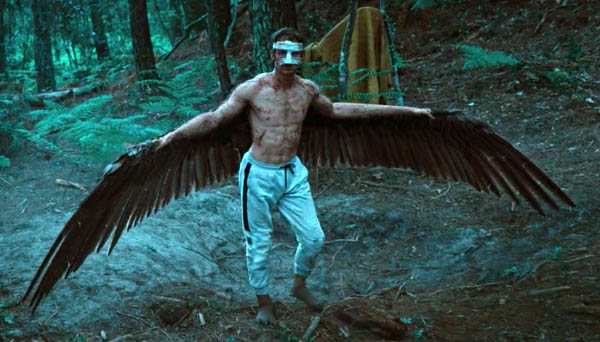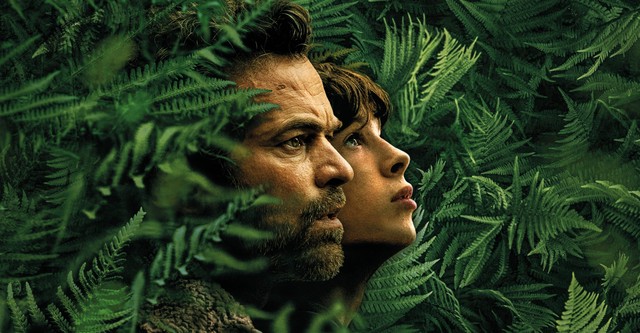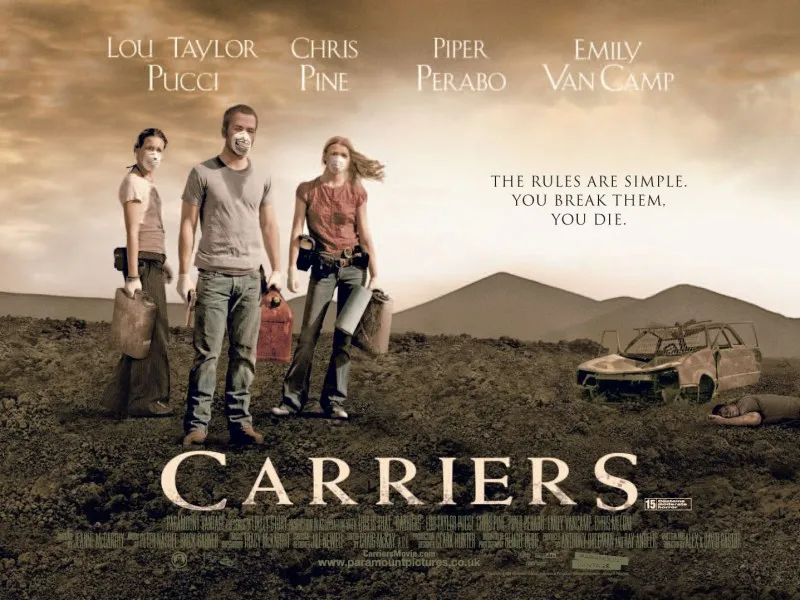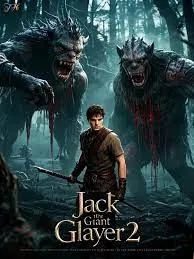The Animal Kingdom, directed by Thomas Cailley and co-written with Pauline Munier, is set in a world where humans are mysteriously transforming into animal hybrids. The film begins with Lana, a wife and mother, being transformed into a creature with fur and claws, and taken to a care facility. François and Émile are forced to move to the South of France to find and care for her. The story really begins when a convoy of “mutants” crashes, opening the way for the creatures to escape into the forest. François and Émile, each in their own way, embark on a chaotic journey to find Lana. Their son – Émile – also gradually undergoes similar changes: hair, nails and strength increase supernaturally, causing an internal conflict between puberty and instinct. The film's great success is the way Thomas Cailley handles the transformation between everyday reality and biochemical miracles. If the front scene when people with claws and bird wings appear in the middle of the road causing chaos is vivid horror, then the background scene – when Émile experiences new powers, is shown in a close and haunting way.
Practical effects combined with sophisticated CGI make each "hybrid" character take the form of birds, reptiles, sometimes sandwiched between humans and rodents – both beautiful and creepy. However, the film is not simply a chase in the forest or a close fight between humans and humans-animals. It is also a profound metaphor for social issues: racism, gender discrimination, community prejudice. The reaction of the natives: some condemn the “others” as “critters”, others try to accept and integrate – from the perspective of the children at Émile school. Another aspect is the lesson of family spirit, especially between father François (Romain Duris) and son Émile (Paul Kircher). Together they accept the chaotic reality, abandon old values to find something new – that is the emotional foundation of the film.

Artistically, the film is highly appreciated for its cinematography and music. David Cailley – the director’s younger brother – creates beautiful scenes of wild nature accompanied by exquisite sound design, making the moments of the mountains and forests echo realistically. Andrea Laszlo De Simone was awarded the César for his original music, demonstrating his deep emotional guidance in the transformation.
However, the film was criticized for “assuming too much” – when telling too many small stories at the same time, from politics, ecology, to friendship, and school love – making the film sometimes lack focus and end in an ambiguous way.

In conclusion, The Animal Kingdom is a unique creative work, imbued with the atmosphere of magical realism, interspersed with horror – psychology – environment. Although there are some ambiguous political aspects, it is the human-animal symbols, the affectionate father-son relationship, the music and the beautiful natural scenery – that make it a memorable film. A world that cannot turn back to the past, can only accept new instincts, and continue to live – that is the strong message that Thomas Cailley sends in the film.




